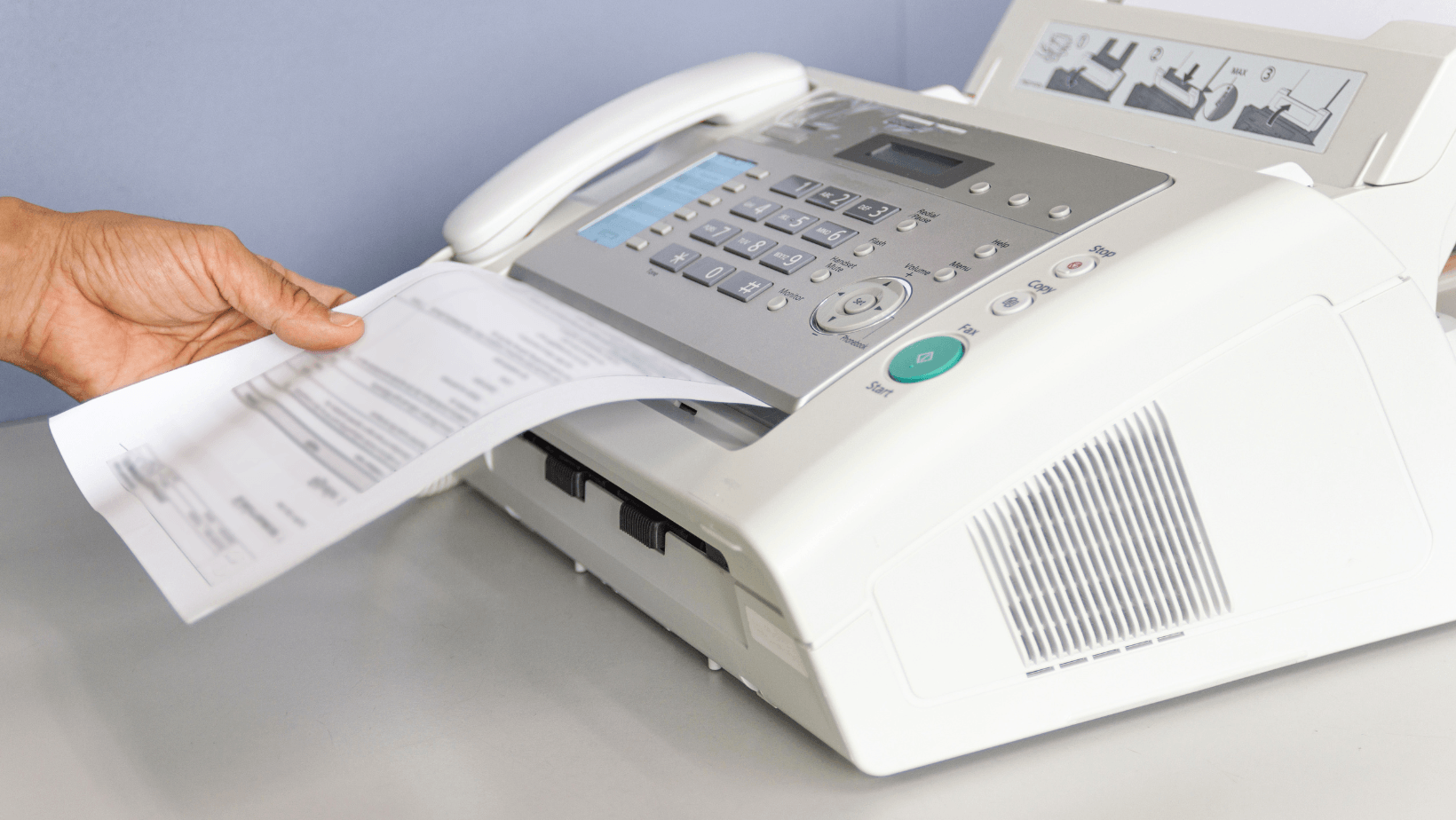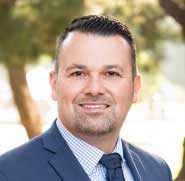Measuring Practice Success and Patient Care:
eConsults Support Patient Compliance & Care Continuity
Eric Urquiza, Sr. Vice President of Operations & Client Experience at AristaMD
eConsults support patient compliance and care continuity by allowing the patient’s trusted PCP to develop and communicate the care plan.
You can also boost the health of your patients by increasing compliance and care continuity.
- With the advice of an expert, PCPs can treat and offer follow-up care.
- Receiving a treatment plan from a familiar and trusted provider increases the likelihood that the patient will comply.
- Compliance and continuity are reduced when patients fail to make an appointment or attend the specialist appointment. Only 51% of referrals are scheduled and attended within 90 days.
- Care continuity is simplified with an eConsult. You always receive diagnostic guidance and treatment advice when using an eConsult.
Referral volume is also an appropriate metric for measuring compliance and continuity of care.
Compliance can also be measured by tracking key conditions within the population you serve:
- Preventive care: Patients receive only 55% of recommended chronic and preventive services.
- Chronic Diseases: About one-half of US adults have at least 1 chronic condition.
- 43% of people with diagnosed diabetes have not achieved glycemic control.
- and more than 80% of hyperlipidemia have not attained cholesterol control.
Measuring improvements for patients with these conditions can demonstrate the value of your eConsult program and also indicate a future reduction in high-cost utilization.

5 Common Referral Management Challenges and How to Overcome Them
In healthcare, referrals are the lifeblood of patient care and practice growth. Patients often rely on recommendations from friends, family and trusted medical professionals when seeking healthcare services. These referrals build a foundation of trust that’s essential. However, just like in any other sector, referral management comes with unique challenges.
#1 Inefficient Communication
Effective communication between referring and receiving healthcare providers is crucial for patient care. However, challenges often arise due to inconsistent communication methods, leading to delays, miscommunication, and errors in patient referrals. In healthcare, the stakes are high, and errors or delays in communication can have serious consequences.
One of the primary issues is the use of inconsistent communication methods. Healthcare providers often rely on a mix of phone calls, faxes, emails, and even paper referrals. This diversity of communication tools can be a double-edged sword. While it allows for flexibility, it also creates room for errors and misunderstandings. For example, a referral sent via fax might sit in an inbox unnoticed or get lost in the shuffle. An email could be accidentally deleted. A phone message might be misheard or forgotten. With a referral management solution like AristaMD, you can ditch the fax machine and focus on keeping all referrals within the platform.

Eric Urquiza
Sr. Vice President of Operations & Client Experience at AristaMD
Eric has 20 years of experience driving transformational healthcare IT programs, advancing patient care, improving access and outcomes for patients through technological solutions. He has been successful in leading many strategic client relationships and increasing provider adoption of telehealth solutions, ultimately leading to strong efficacy for underserved populations throughout the country. Eric holds a Master of Business Administration from the University of Redlands.
